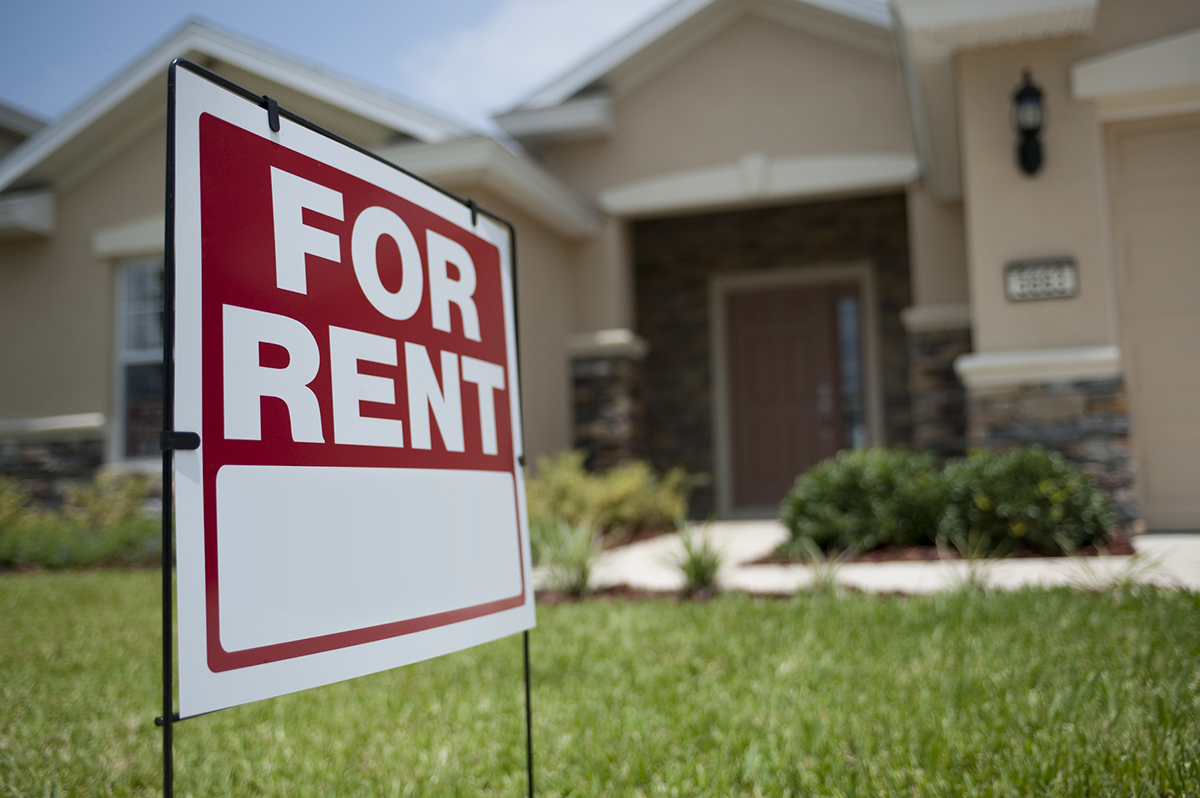A note from the team leader, Erica…
As the lawsuit filed by Arizona Attorney General Kris Mayes against RealPage continues to unfold, I’ve grown increasingly skeptical. What began as a case of alleged rent price manipulation now seems to be part of a broader strategy by the current administration to use the guise of “affordable housing” to assert more control over the real estate market, particularly on those building wealth through rental properties.
The Case Update: Hearing Still Pending
Though this lawsuit has gained national attention, a hearing date for the Arizona case remains unconfirmed. To refresh your memory, the lawsuit in Arizona accuses RealPage and nine major residential landlords of colluding to artificially raise rental prices, allegedly intensifying the housing affordability crisis in cities like Phoenix and Tucson. However, this perspective seems to oversimplify the complexities of the real estate market and overlooks the vital role of data-driven tools like RealPage’s software in helping landlords set fair, competitive prices.
RealPage’s Side of the Story
We now know, RealPage has denied these allegations, maintaining that their software is designed to optimize rental pricing suggestions based on market demand, not to manipulate it. The company argues that the lawsuit misrepresents the legitimate use of data analytics in the rental market. You can read their full response here.
My Perspective: From Curiosity to Concern
In my previous blog post from June 22, 2024, I expressed curiosity about the Arizona Attorney General’s lawsuit against RealPage and the landlords involved. However, my perspective has shifted. This case seems less about consumer protection and more about government overreach into how landlords operate their businesses. While rent increases are a valid concern, I worry that this lawsuit could set a precedent for excessive regulation of private market dynamics, potentially stifling competition and innovation in the rental industry.
The Hidden Agenda: Is This Really About Affordable Housing?
My biggest concern is that the government, including the Arizona AG, may be using “affordable housing” as a pretext to gain greater control over landlords’ business practices. If this lawsuit results in stricter regulations or rent control, Arizona could face challenges similar to those in cities like New York, where rent control laws have disincentivized property ownership. Rent-controlled areas often result in reduced profits, increased regulation, and less flexibility for landlords, creating long-term market distortions.
Why Rent Control Could Make Matters Worse
Rent control might appear to be a solution to housing affordability, but in reality, it often creates more problems. It can lead to poorly maintained properties, reduced housing supply, and a lack of incentive for new investments in rental housing. Ultimately, rent control discourages people from owning investment properties, which worsens housing availability and quality over time.
What’s at Stake for Arizona and Beyond
If this lawsuit sets a precedent for increased regulation in Arizona, it could have a chilling effect on real estate investment. Landlords might exit the market or sell their properties, potentially depressing property values and further complicating the housing market. While this creates a ripple effect, limiting housing options for renters, it could also hurt homeowners. If landlords are pressured to sell and find themselves needing to do so quickly, they may be forced to accept a loss, which could, in turn, lower surrounding property values and create financial strain for nearby homeowners.
Final Thoughts
As we await further developments and a hearing date, it’s essential to think critically about the broader implications of this lawsuit. Is this really about protecting tenants, or is it part of a larger effort to regulate landlords? While affordable housing is certainly a legitimate concern, we need to address the root causes of rising living costs. Making housing more affordable isn’t just about regulating rents—it’s about lowering energy costs and tackling inflation. By addressing these fundamental issues, we can make both renting and living in general more affordable for everyone, without overburdening landlords or stifling real estate investment.
If you’d like to discuss this topic further or share your thoughts, I’d love to hear from you. Let’s keep an open dialogue about how these legal actions and economic factors could shape the future of not only Arizona’s real estate market, but our country’s.



